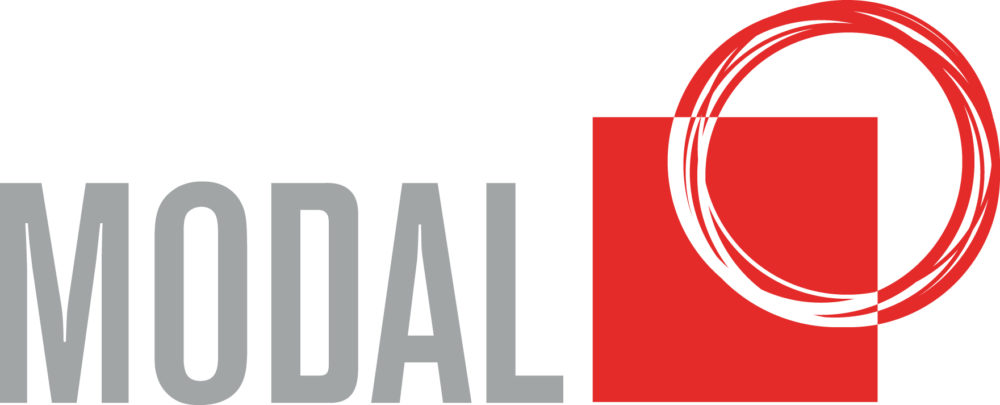“It is not the strongest who survive, nor the most intelligent, but the ones most adaptable to change”
Whether Charles Darwin said this or not, this is a perfect message to lead us out of the COVID-19 situation. Flexibility, adaptability, agility, nimbleness – these are the buzz words we hear associated with stories of resilience and endurance through difficult times; the current situation certainly qualifies as a difficult time.
An enormous amount of stress and uncertainly surrounds us, sometimes threatening to overwhelm, yet we feel the need and the responsibly to remain strong. As leaders we are looked upon to provide direction and support to others. How do we do this whilst maintaining self-care?
I have scrolled through numerous articles to get a sense of what the experts are saying about leaders as we come out of COVID-19. Leaders need to:
Stay strong within self to be strong for others – just as on an airplane we are told to put our oxygen masks on before helping others with theirs, we will not be able to lead effectively if we are struggling.
Respond to the mental health needs of others – provide emotional support to let others know they are being cared for. Role model through your own behaviour and guidance to balance work-life obligations and give self-care during these challenging times.
Be courageous to adapt, pivot or even reshape business outcomes – the world has turned on its head. Embrace this time to be creative, listen and tune in to the needs and wants of stakeholders. Collect and implement the best ideas and innovative product solutions.
So, if this is what is required to keep us effective now and into the future, how can we increase the likelihood that we will be successful?
We can engage a coach.
The benefits of coaching are numerous, here are some statistics *:
- 80% of those who receive coaching report increased self-confidence
- 70% benefit from improved work performance, relationships and more effective communication skills
- 86% of companies report they recouped an ROI of between 6-8 times the cost of coaching.
*gathered from survey results of executives in large companies (mainly Fortune 1000) who participated in 6-12 month executive coaching programs.
Coaching frequently creates a fundamental shift in behaviour, in mindset and in approach. For example, increased self-confidence enables showing up as best self and bringing more of best self into the workplace and beyond. This results in increased resilience and adaptability.
A coach:
- supports you to learn the skills required to lead people in a way that consistently achieves desired outcomes
- supports you in developing and achieving your vision
- asks challenging questions to encourage and push you in the right direction
- listens, especially when you think you are not doing well
- offers a different perspective that can unstick you when you think you are stuck.
The need for a coach in sport is a given. I see my 15-year-old daughter coaching a younger basketball team. She encourages, corrects, provides vision, stretches and challenges the team to perform to their best. This is coaching, it is both stretching and supporting to achieve goals at whatever role or with whatever challenges.
Finding ourselves in this current, challenging situation, with an uncertain future ahead, it is clear leaders need to be effective in their roles. If we want to bring our best self forward, be nimble and adaptable so we can support and guide our people, there is no better way to ensure success than by engaging a coach.





